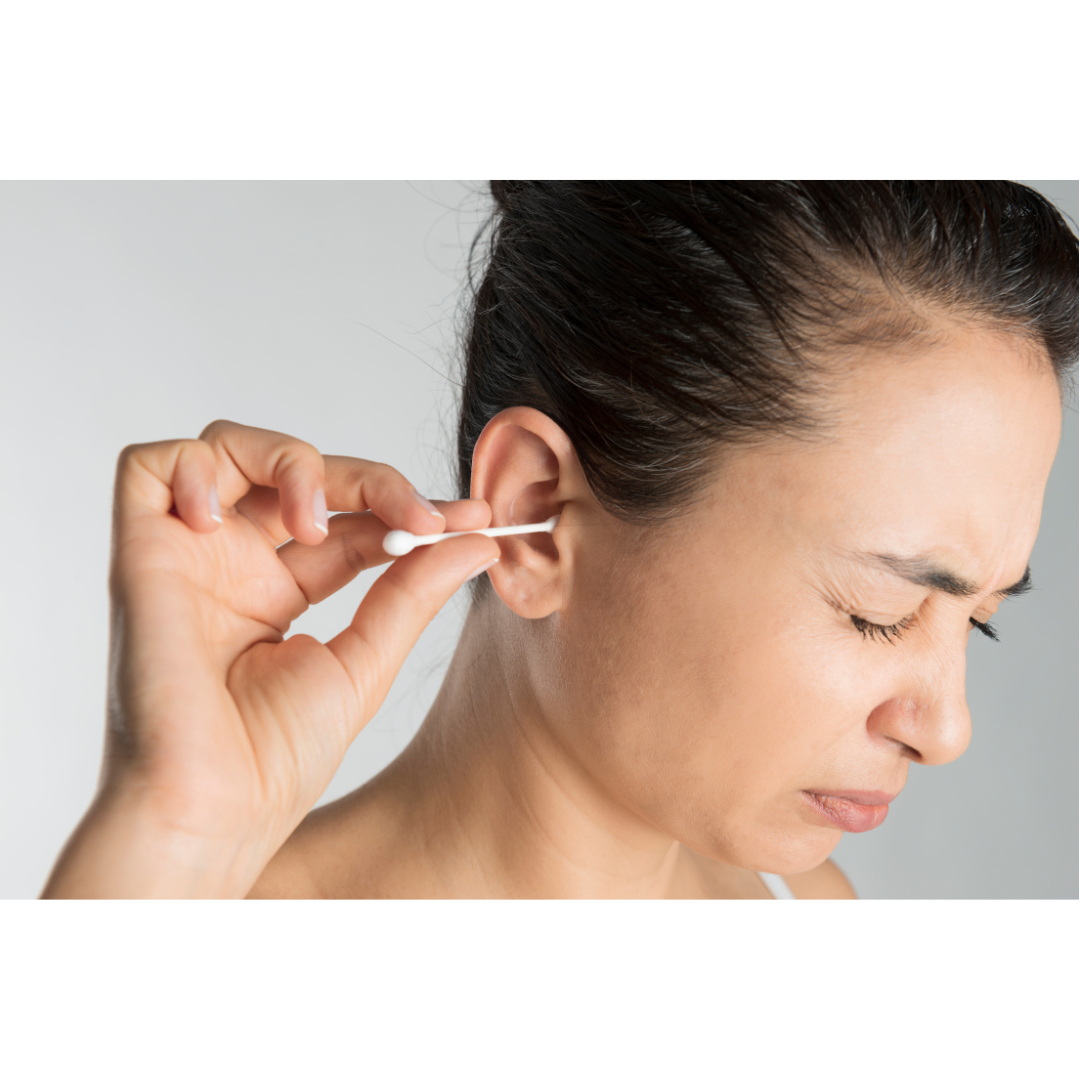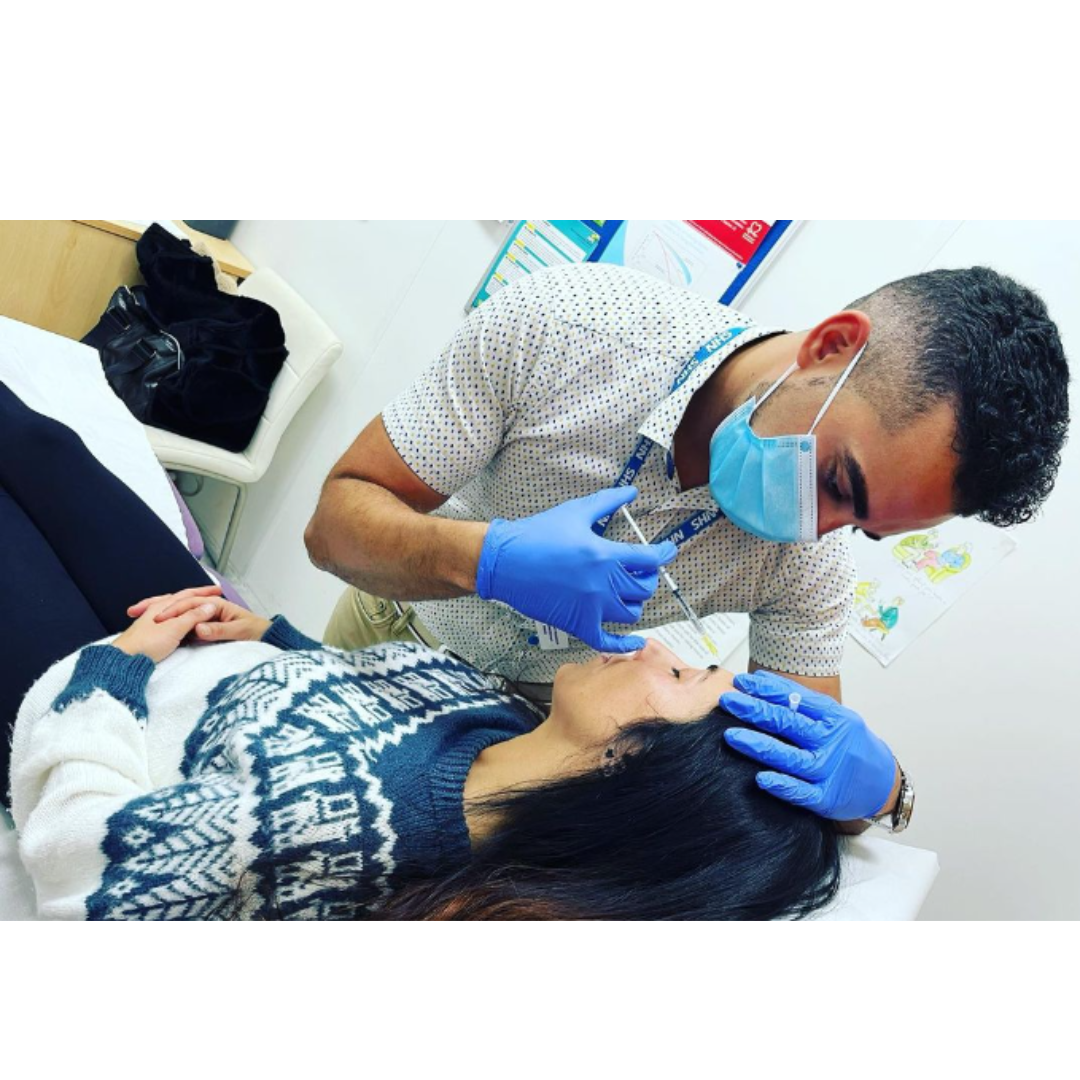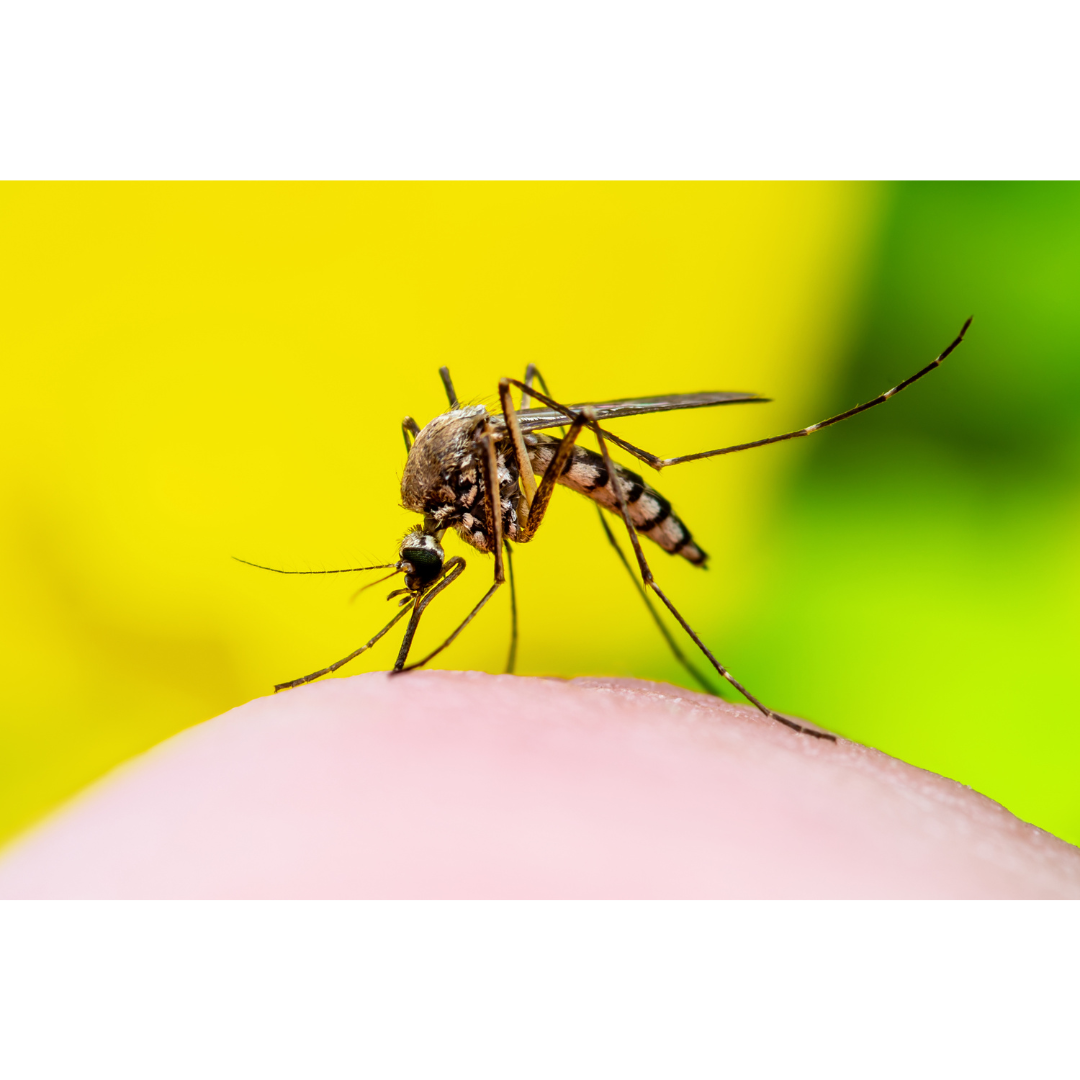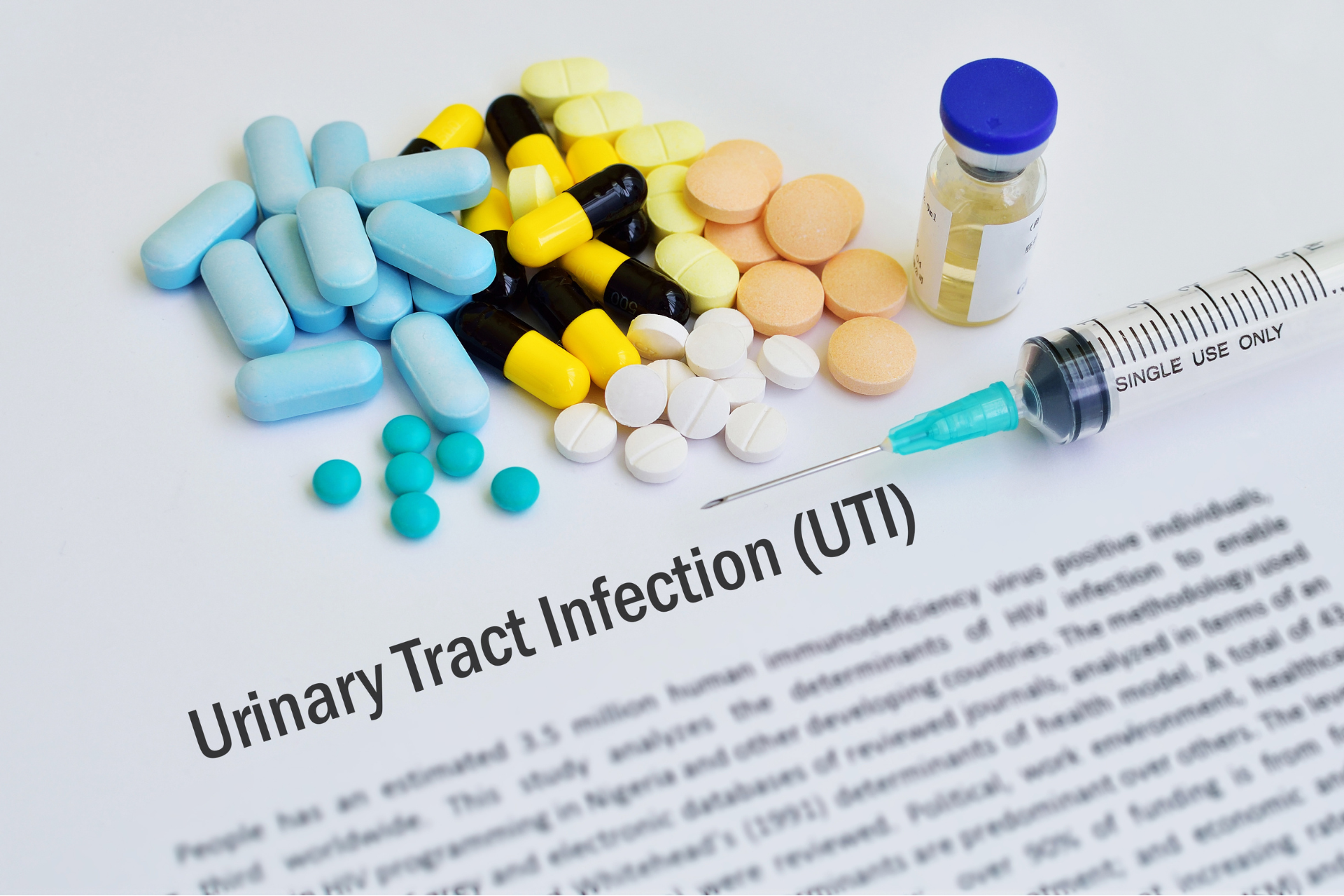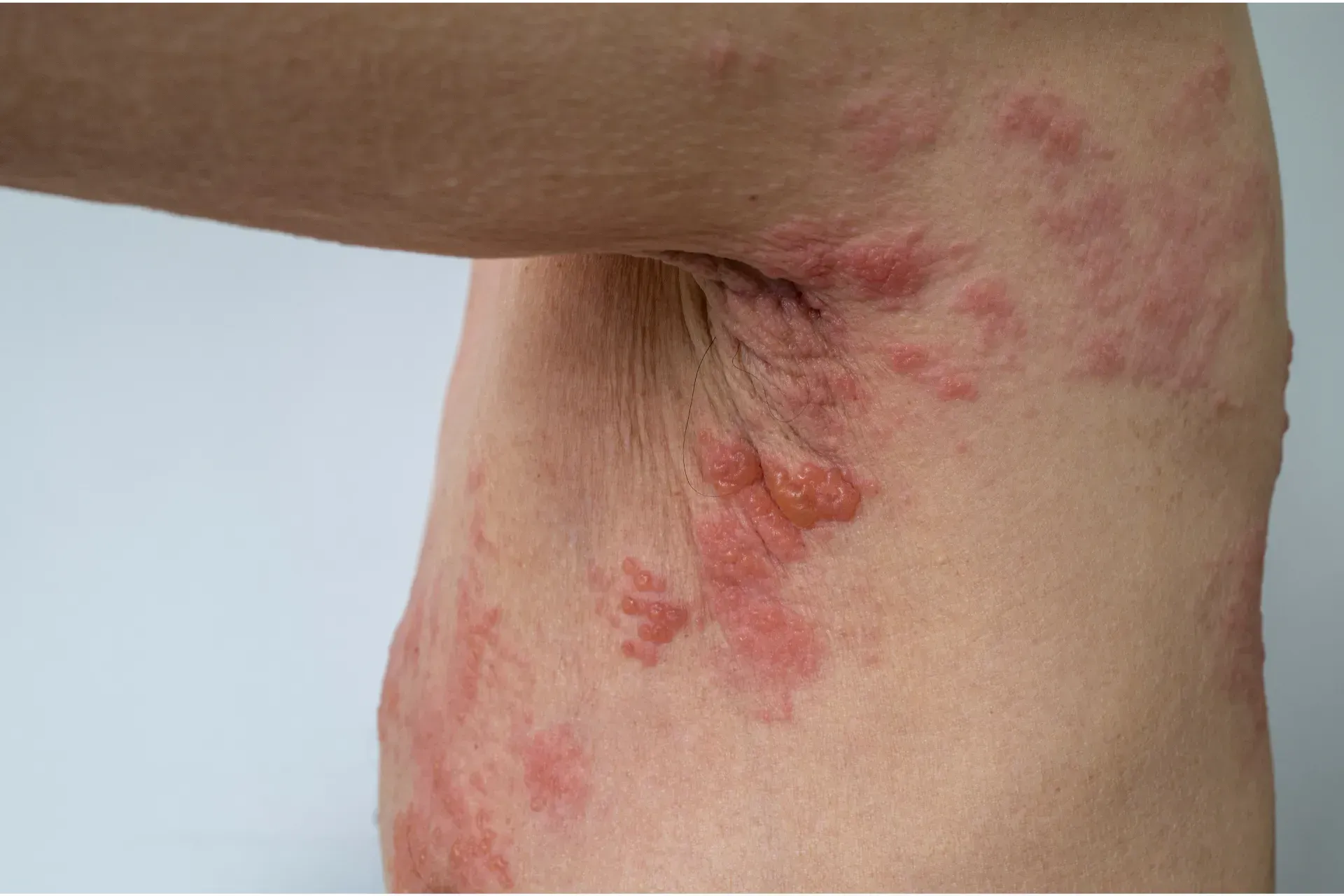Do you need the COVID-19 Spring booster?
The COVID-19 pandemic is over but the effects from it still affect many of us, despite it drifting into recent history. So, it can be hard to determine whether there’s still much risk. In this blog, we address those who are still vulnerable, is covid still spreading, are booster jabs safe and should we get the booster jab.
TLDR: We should all still be worried about this virus and aim to maintain a good level of protection. We cannot eliminate the virus, but we can protect ourselves when worried about the severe consequences of a COVID-19 infection.
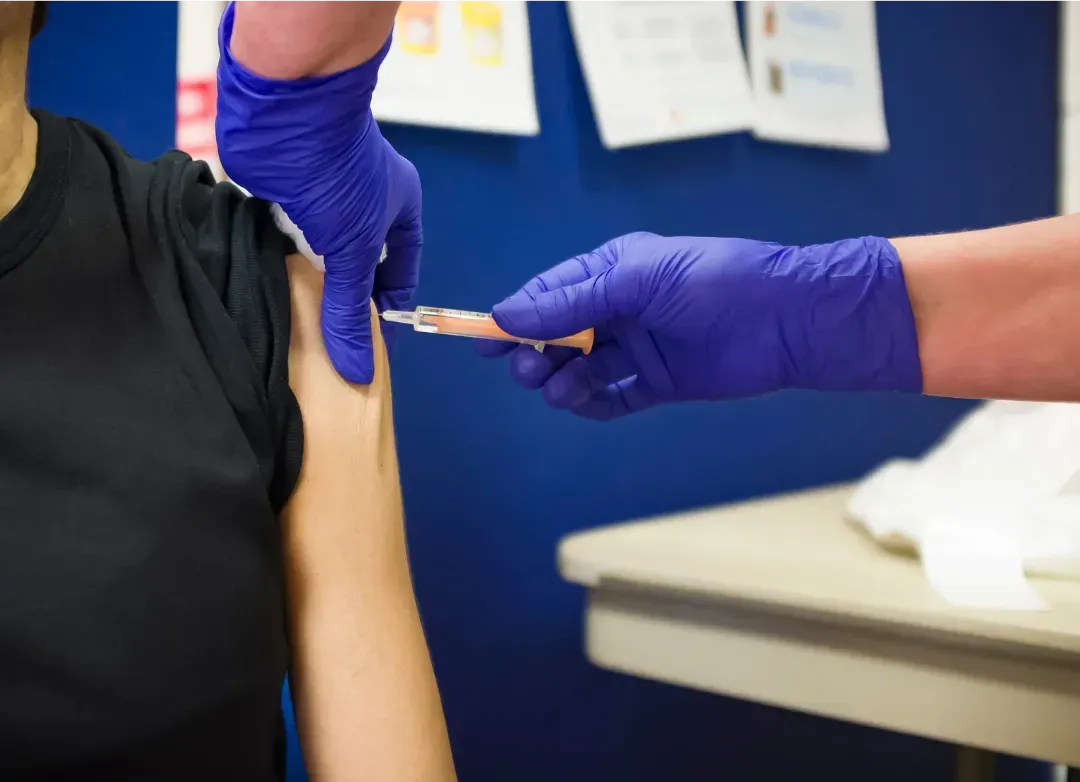
Covid is still an issue in the UK
Another pandemic is very unlikely but as the virus mutates it’s impossible to know what the future could hold. According to the United Kingdom Health Security Agency (UKHSA). Covid cases are beginning to slowly rise. Although at a slow rate, thus, it’s important to be cautious. Covid is generally less widespread during the summer season, becoming more of a threat in winter. Potentially, giving people a false sense of security leading to some people being at more risk.
Am I still at risk from Covid-19?
COVID-19: for many of us is a virus like any other. It’s no longer a dark heavy cloud hovering above our heads. Medical experts have fought back against this virus by creating vaccines and ways to combat or treat the serious complications. However, this could make us somewhat unconcerned and thus more vulnerable to the preventable complications and effects of Covid-19. The elderly and the weak still need to be wary of Covid because it can be serious or (rarely) life-threatening to this age group.
Government guidelines recommend that those over 75 should receive the COVID-19 spring booster. Otherwise, you could be at risk of suffering the nasty side effects of Covid, including long covid, which can be debilitating. Besides the elderly, young immunocompromised individuals should also consider getting the COVID-19 booster as they can be at greater risk.
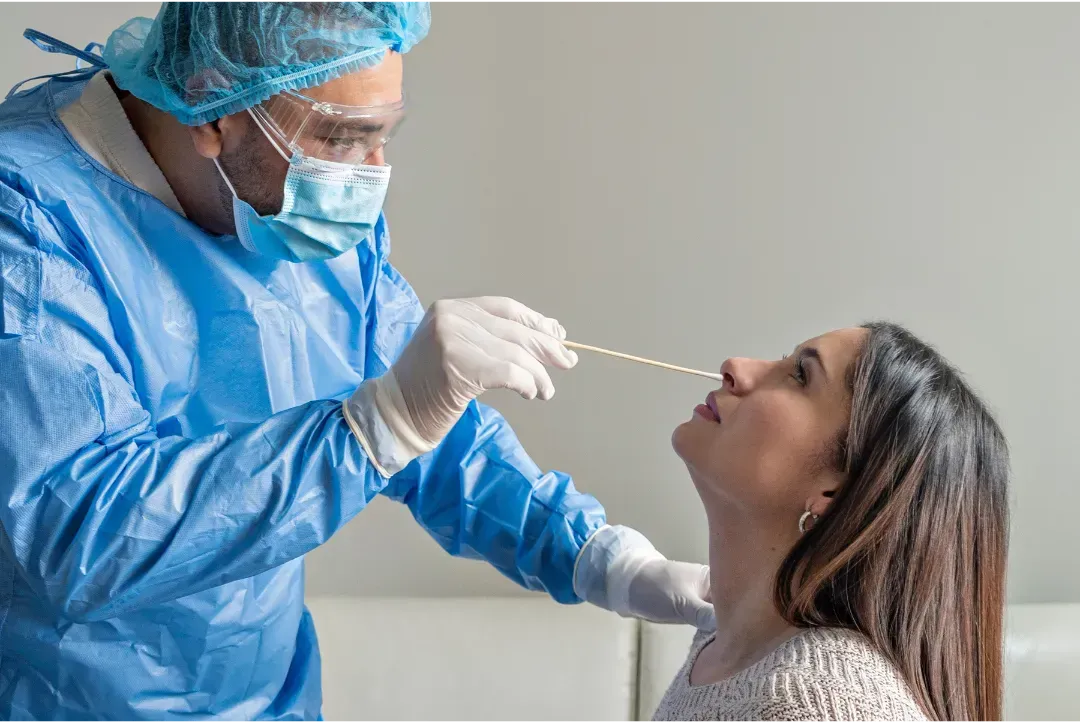
What about people who are fit and healthy?
Those who don’t fall under the listed at-risk groups above should not get the booster. Those who have already been vaccinated against COVID-19 and/or are in good health, don’t need to receive the spring booster. However, if you have a compromised immune system then you should consider having a booster as this could be your best line of defence against the virus.
Is the booster safe?
According to the NHS, the jab is relatively safe but can cause some side effects such as:
- A sore arm post injection
- Headache
- Mild flu-like symptoms
- Feeling tired
These are the most common side-effects but for a complete list look at the NHS website here:
https://www.nhs.uk/conditions/covid-19/covid-19-vaccination/about-covid-19-vaccination/
In rare cases patients with specific allergies can have an allergic reaction to the booster. Be safe! Ensure you discuss any allergies you are aware of at your appointment. These reactions can occur for any injection not specifically the COVID-19 injection. None the less, most allergic reactions are mild but if that’s a concern when you come for your appointment, we will refer you to an allergy specialist who will determine the full extent of the risk.
How effective is the COVID-19 booster?

The NHS recommends the jab as an effective way to help those most vulnerable maintain protection. However, the reason why a booster is recommended is because its effectiveness wanes as the months pass. Six months is the point at which the vaccines’ effectiveness dips. Up to 6 months it maintains up to 50% effectiveness but beyond 6 months its only 30% effective against serious health complications from COVID-19.
Do I need the COVID-19 booster jab?
In short, it depends, as we mentioned at the beginning of the blog. Those over a certain age are strongly encouraged to get the booster jab (75 years and older). due to the protection, it offers.
Adults below the age of 75 don’t need the booster because it offers only marginal increased protection for healthy adults. The only exception are adults with compromised immune systems (like those going through chemotherapy). These people will need the booster jab.
A final group to consider are young children. Most children will not need a booster. Like adults, children generally have strong immune systems which can defend against catching viruses like COVID-19. The covid vaccine starts to be offered to children above 5 years old unless the child has a compromised immune system, in which case they can be offered the booster from the age of 6 months.
Conclusion
To conclude this blog, we’ve covered those at risk of COVID-19, whether covid is still an issue and considered the booster’s effectiveness and safety. We hope this sets your mind at ease about the COVID-19 spring booster. Even though COVID-19 still looms over us, the virus has mutated and is far less lethal now than during the early days of the pandemic. All of that said, the elderly and those with compromised immune systems should strongly consider having a spring booster.

